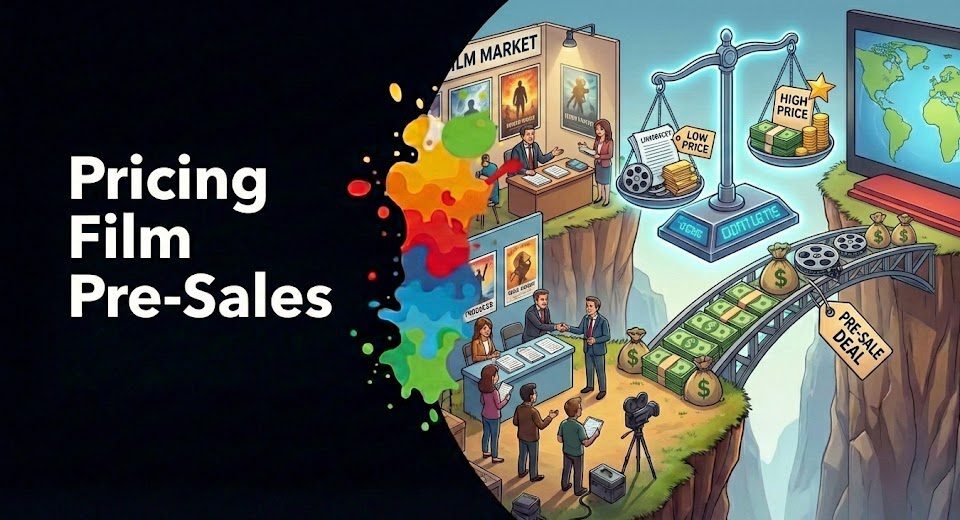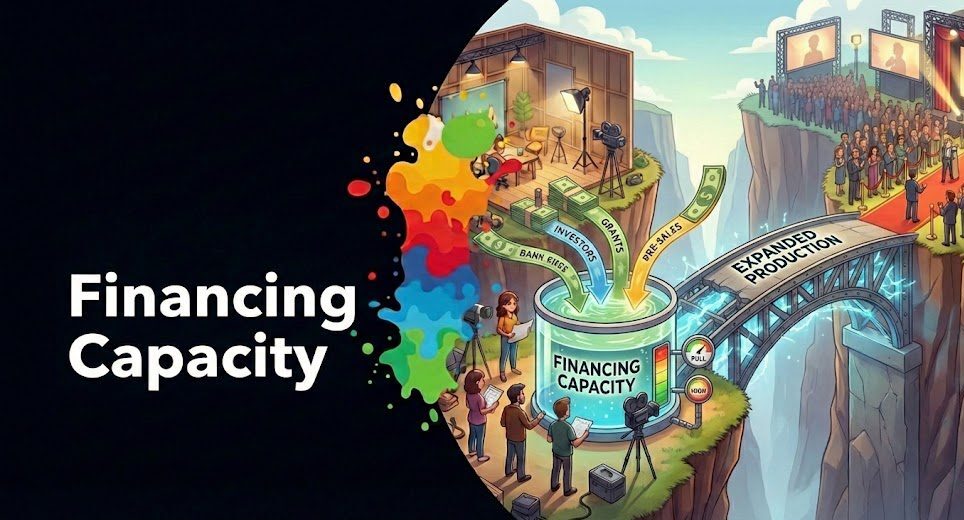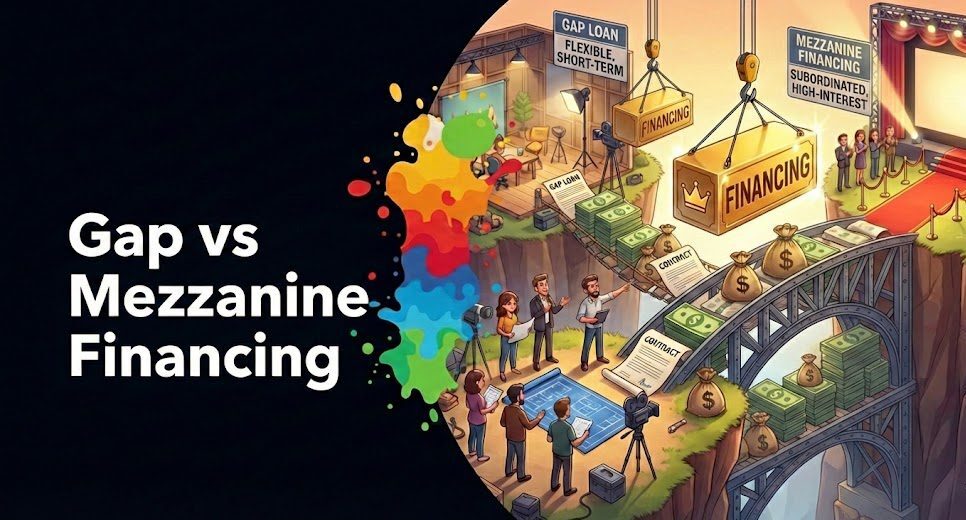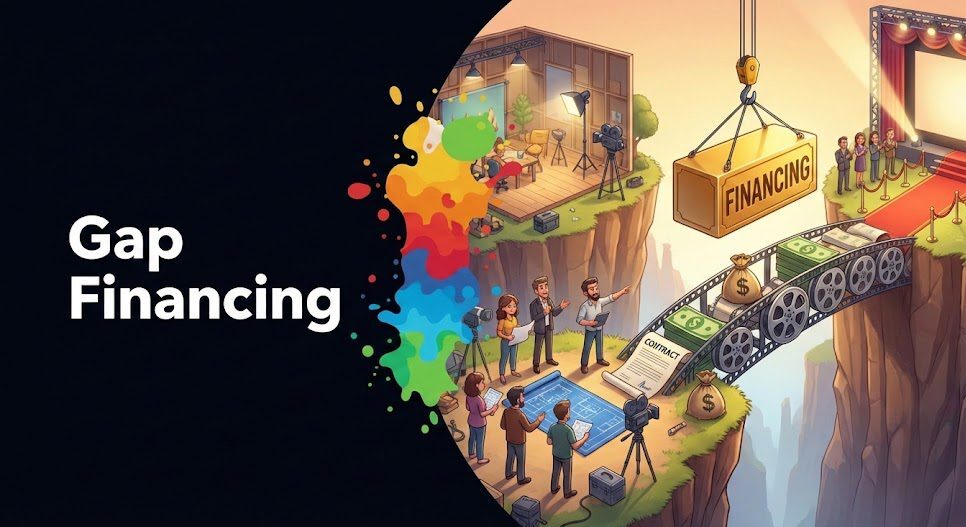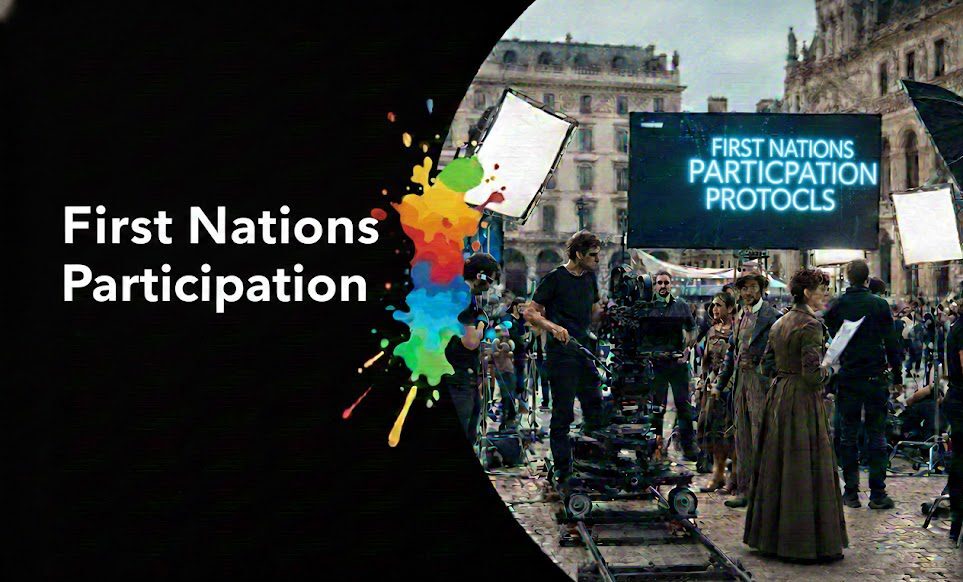Are you struggling to navigate the complex world of rights and licensing negotiations in the entertainment industry? With so many different players involved, from content acquisition executives to production house executives to streaming platform executives, it can be overwhelming to try and secure the rights to the content you need. But fear not, because in this article, we will break down the process of rights and licensing negotiations and provide you with valuable insights on how to successfully navigate this intricate landscape.
One of the key benefits of mastering rights and licensing negotiations is the ability to secure high-quality content for your platform or network. By understanding the nuances of these negotiations, you can ensure that you are getting the best possible deal for the content you want to acquire. This can give you a competitive edge in the market and help you attract a larger audience or customer base.
Struggling to find the right content?

When it comes to rights and licensing negotiations, one of the most important factors to consider is exclusivity. For example, if you are a streaming platform executive looking to secure the rights to a popular TV show, you may need to negotiate exclusive rights in order to differentiate yourself from competitors. This can be a delicate balancing act, as you want to secure the best deal possible without alienating potential partners or licensors.
Another key consideration in rights and licensing negotiations is territory rights. For example, if you are a broadcast network programming head looking to acquire the rights to a movie for a specific region, you will need to negotiate the territory rights with the content owner. This can involve complex discussions around distribution windows, language dubbing, and marketing strategies, so it is important to have a clear understanding of the market dynamics in that region.
In addition to exclusivity and territory rights, other important factors in rights and licensing negotiations include pricing, revenue sharing, and contract terms. For example, if you are a content financing and investment executive looking to invest in a film project, you will need to negotiate the revenue sharing agreement with the producers in order to recoup your investment. This can involve detailed financial projections, risk assessments, and legal considerations, so it is crucial to have a strong team of experts on your side.
Key Takeaways:
1. Understand the needs and priorities of all parties involved in the rights and licensing negotiations.
2. Develop a clear negotiation strategy based on your objectives and market dynamics.
3. Seek expert advice from legal, financial, and industry specialists to ensure a successful outcome.
4. Build strong relationships with partners and licensors to facilitate future collaborations and deals.
FAQs:
Q1: How do I determine the value of the content I want to acquire?
A: Conduct market research, analyze audience demographics, and assess the competitive landscape to determine the potential value of the content.
Q2: What are the common pitfalls to avoid in rights and licensing negotiations?
A: Avoid making unrealistic demands, overlooking contract terms, and neglecting to build strong relationships with partners.
Q3: How can I stay updated on the latest trends and developments in rights and licensing negotiations?
A: Attend industry conferences, subscribe to trade publications, and network with industry professionals to stay informed on industry best practices and emerging trends.




























